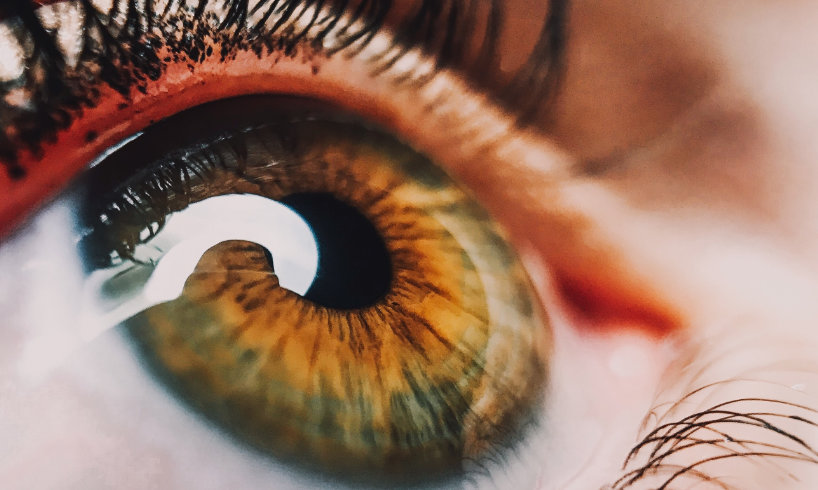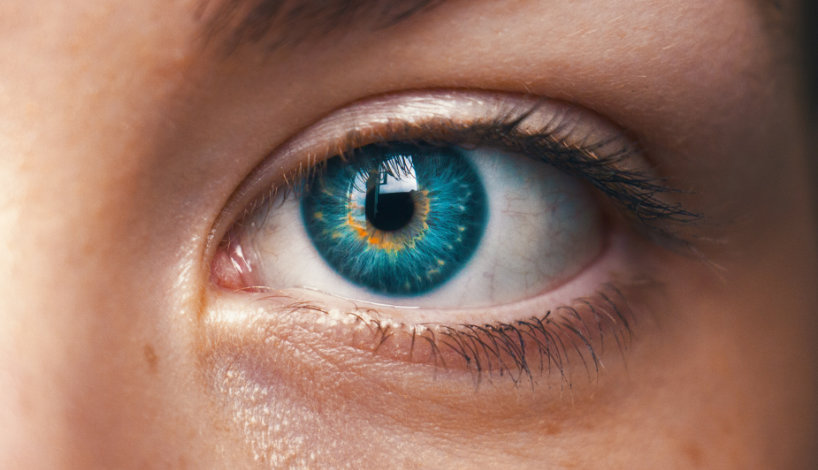
Gas Permeable (GP) or Rigid Gas Permeable (RGP) contact lenses are an option to soft contact lenses that are made from a difficult, oxygen-permeable product. GP lenses are presently less popular than soft lenses however offer a number of advantages and are continuing to enhance as research study and innovation advance.
GP contacts are made from a company plastic product that permits the passage of oxygen through the lens to your cornea and the front surface of your eye– essentially permitting your eye to “breathe”. This increases comfort, health, and safety throughout contact lens wear.
Advantages of GP or RGP Contact Lenses
Due to the fact that of the strong material and the ability to diffuse oxygen, GP lenses use a variety of benefits over soft contact lenses.
Health and Hygiene Benefits:
Unlike soft lenses, GPs don’t contain water that makes them less likely to draw in and breed germs that can cause eye infections.
Further protein deposits won’t build up on the lens, keeping them cleaner and healthier.
Since they are made with strong resilient material, GP lenses won’t tear and are simple to clean and decontaminate. RGPs preserve their company shape and will not dehydrate. Additional GPs last longer than soft lenses– when looked after properly, a pair can last a year or more.
Comfort
GP contact lenses are tailor-made for each client based on the eye’s specific curvature, size, and corneal shape. Their capability to transmit oxygen minimizes eye issues such as dry eyes caused by decreased oxygen which are common in numerous brands of soft lenses or tough (non-GP) lenses.
GP lenses have a smaller size than soft contacts, implying that they cover less of the surface of your eye. While this may spend some time to get used to at first, ultimately lots of discover that they are just as if not more comfy than soft contacts.

Much Better Vision
Due to the stiff material, GPs have a smooth surface and keep their shape, moving along with the eye to hold their place. This offers sharp and steady vision. Further, they do not dehydrate, which is frequently a cause for reduced vision with other lenses.
Cost
Since they last so long, GPs are a lot more cost-effective than soft lenses, particularly non reusable lenses that need a consistent supply. Because they are made to buy, there is a preliminary cost investment and they will take up to a week to make if you do require a replacement pair.
GPs for Astigmatism
GP lenses are perfect for individuals with astigmatism that may have been informed that they can not use soft contacts. Since of the stiff nature of the lens, they hold their shape on the eye permitting more clear and more steady vision correction.

Adapting to GP lenses
One of the disadvantages of GP contact lenses is that they require an adjustment period, particularly if you are utilized to soft lenses with a larger size. Among the major differences is an experience of “lens awareness” in which you feel the edge of the lens when you blink. It could use up to a couple of weeks to get used to the lenses however lots of people report that after this initial period, they find that GP lenses are just as if not more comfy than soft lens varieties.
GP Lenses for Myopia Control and Ortho-K
Research study shows that gas-permeable lenses may be effective in slowing the progression or worsening of myopia or nearsightedness, especially in children. They are also utilized in Orthokeratology (ortho-k), a vision-correcting treatment in which you use the lenses at night to reshape your cornea for enhanced vision during the day.